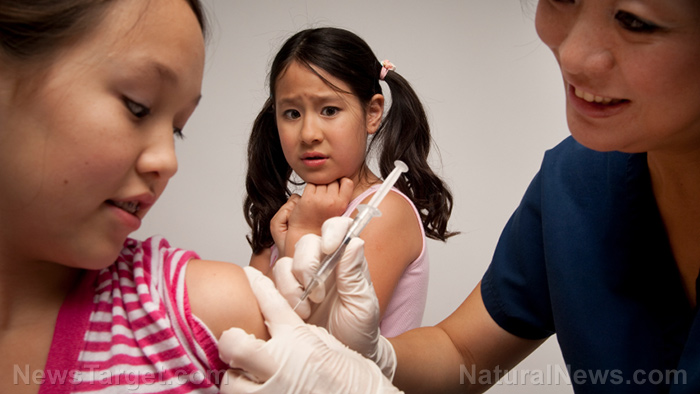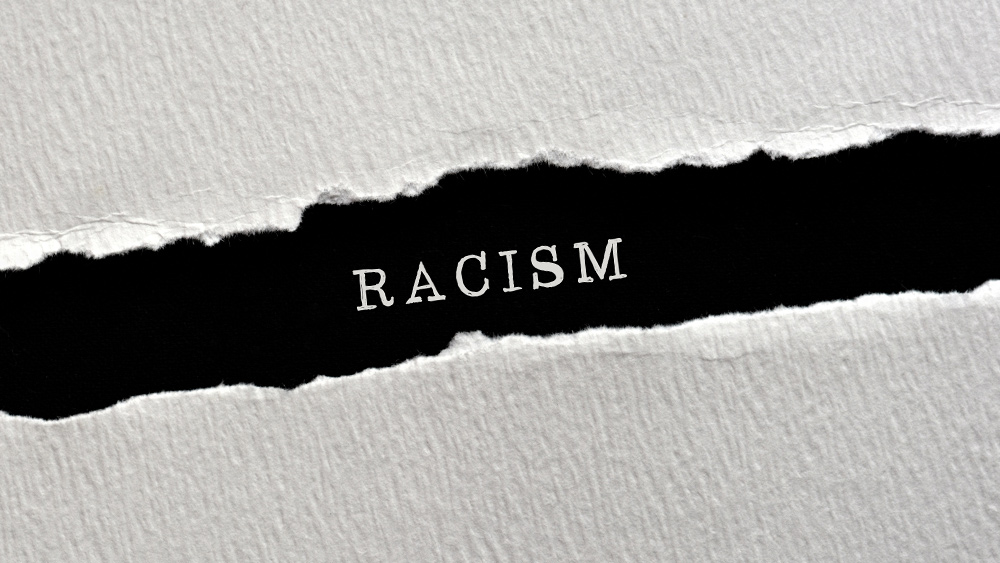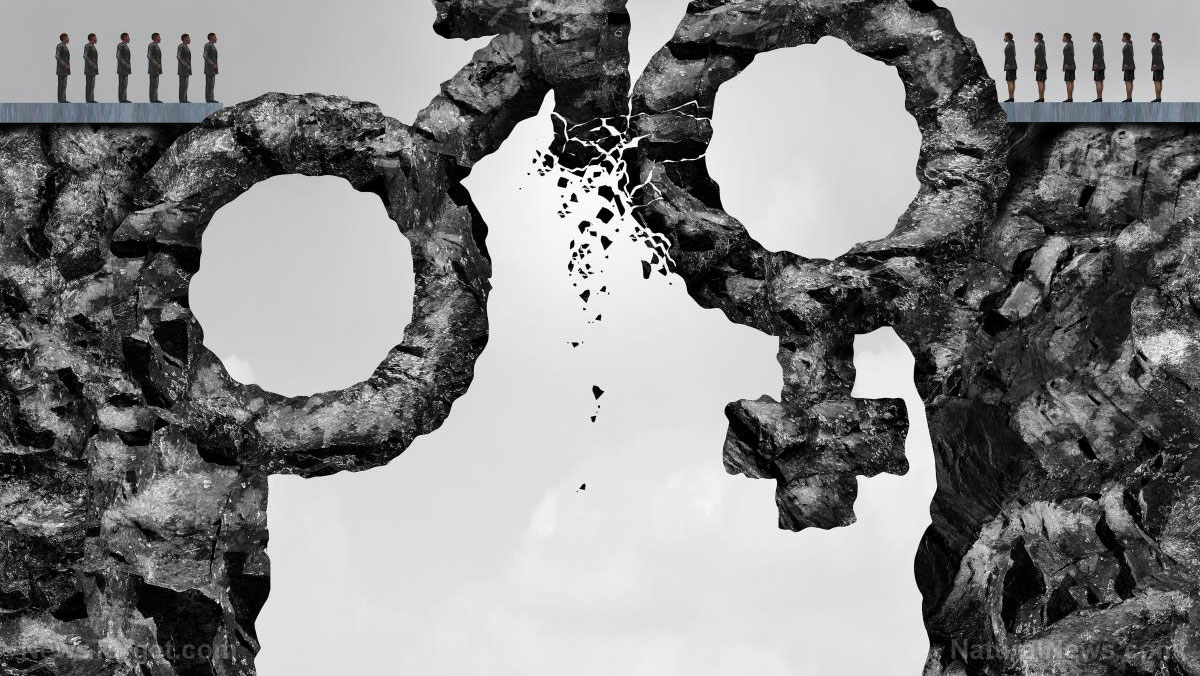High risk, NO reward: CDC officially includes COVID-19 vaccine in its recommended immunization schedule for kids despite proven DANGERS
10/25/2022 / By Arsenio Toledo

The Centers for Disease Control and Prevention (CDC) has officially included the Wuhan coronavirus (COVID-19) vaccine on its recommended immunization schedule for children.
The CDC’s Advisory Committee on Immunization Practices recently voted unanimously to recommend the COVID-19 vaccine for children six months and older and adults. This recommendation includes both the primary series of the COVID-19 vaccines and the booster doses for everyone eligible to receive them. The federal agency did make it clear that states have the sole authority to mandate vaccination for schools.
However, as Ben Armstrong pointed out during a recent episode of “The Ben Armstrong Show,” the CDC is one of the leading public health institutions in the United States. Its endorsements carry a lot of weight, especially for state health organizations that closely follow the recommendations of federal-level public health agencies like the CDC. The CDC also likely published this recommendation in an attempt to influence states to mandate the experimental and dangerous vaccine.
“Some states will mandate it because of that, some won’t. It’s horrific,” said Armstrong, adding that the CDC definitely knows how harmful the COVID-19 vaccines are to children.
CDC recommendation comes amid more evidence showing how harmful COVID-19 vaccines are to children
To Armstrong’s point, a recent study from Thailand showed how dangerous the vaccine is for children’s cardiovascular systems. This study found that thirty percent of children who received the mRNA COVID-19 vaccine developed cardiac issues, some severe enough to warrant hospitalization.
The study involved 301 students between the ages of 13 and 18 across two schools in Thailand. All but 44 of the students had no underlying health conditions going into the study. (Related: Study finds 84% increase in incidence of cardiac-related DEATH among men under 40 following mRNA vaccination.)
To establish a baseline, the researchers conducted laboratory tests right before the kids started getting vaccinated at the beginning of the study. They then followed up with the kids three times after they received a second dose of the vaccine – on days three, seven and 14 after full vaccination.
The researchers found that 29 percent of the kids experienced cardiac issues. These include heart palpitations, chest pains and shortness of breath.
Fifty-four students reported abnormal electrocardiogram results. Six experienced mitral valve prolapse or heart valve disease. Another six had dangerously high blood pressure. Seven were diagnosed with heart inflammation.
As a result of the vaccination, two of the students had to be hospitalized, with one being admitted to intensive care.
This study drew widespread concerns from cardiologists who believe it adds to the already massive body of evidence proving that the risks associated with vaccination outweigh any supposed benefits.
“How do you basically recommend a thing that will damage children? And there’s this study that shows that if you do give it to kids, 30 percent of them – or close to one out of three – will have some sort of cardiac issue. This is what that data says,” said Armstrong. “What parent would mess with that? That means if you’re a family that has four kids, one of them will most likely get a cardiac issue just to attend public school.”
Learn more about how the COVID-19 vaccines affect the heart at VaccineInjuryNews.com.
Watch this episode of “The Ben Armstrong Show” as host Ben Armstrong discusses in detail how 30 percent of children develop cardiac issues following vaccination.
This video is from the channel The New American on Brighteon.com.
More related stories:
Thai study: Nearly 3 in 10 children experience HEART COMPLICATIONS after getting vaccinated.
Hong Kong medical experts find evidence suggesting COVID-19 vaccines cause heart disease.
Cardiovascular emergencies in Israel increased by 25% after COVID-19 vaccine rollout.
Sources include:
Submit a correction >>
Tagged Under:
Ben Armstrong, Big Pharma, children's health, covid-19, covid-19 vaccines, heart disease, heart health, mRNA, mRNA vaccines, pharmaceutical fraud, vaccine damage, Vaccine dangers, vaccine mandate, vaccines
This article may contain statements that reflect the opinion of the author
RECENT NEWS & ARTICLES
COPYRIGHT © 2018 PUBLICEDUCATION.NEWS
All content posted on this site is protected under Free Speech. PublicEducation.news is not responsible for content written by contributing authors. The information on this site is provided for educational and entertainment purposes only. It is not intended as a substitute for professional advice of any kind. PublicEducation.news assumes no responsibility for the use or misuse of this material. All trademarks, registered trademarks and service marks mentioned on this site are the property of their respective owners.




















